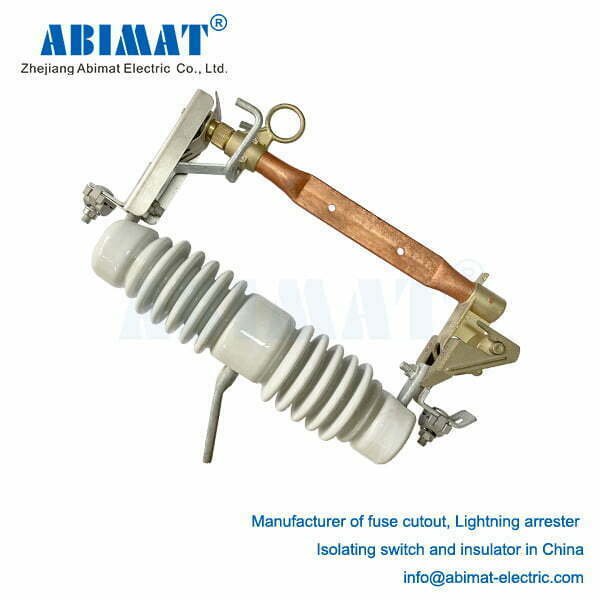
Drop-Out Fuse Unit: A Critical Overcurrent Protection Device
The Drop-Out Fuse Unit (DOFU) is a specialized expulsion fuse. We widely apply it in overhead medium-voltage distribution networks, generally up to 33kV. It functions as a reliable overcurrent protection device as well as an isolating switch. Such dual functionality makes it a core component for ensuring safety and reliability in the protection of pole-mounted transformers and feeders.

69 kV Disconnect Switch: An Overview (Rewritten)
Choosing and using the switch depends on several factors. These include ratings for continuous and short-circuit current, BIL, mechanical durability (often 10,000 operations), and environmental conditions like ice, wind, and corrosion. Proper installation is vital. You must also follow strict safety steps—make sure the circuit is off before operating the switch. The 69 kV disconnect switch stays an essential, reliable device. It ensures flexibility in the system and safety for workers in electrical networks.
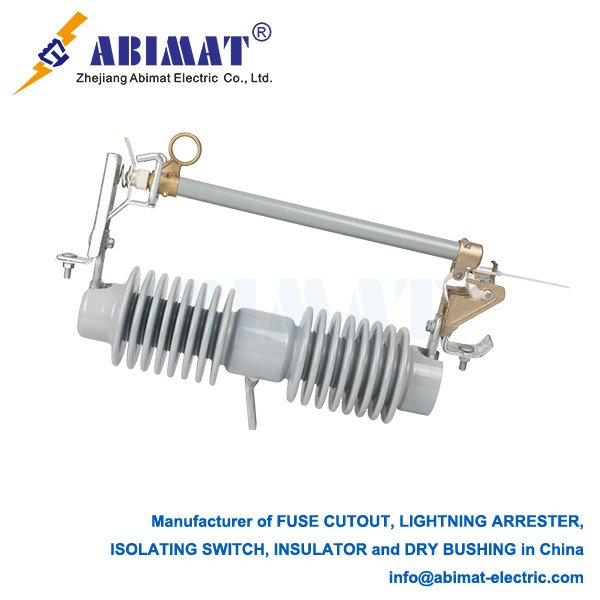
Drop-Out Fuse Link: Operation and Application
In short, abimat the drop-out fuse link is still an important, field-tested component for protecting overhead distribution equipment. It is simple to use. It stops faults reliably and has a built-in visible disconnect feature. These qualities make it essential for protecting power systems and keeping operations safe.
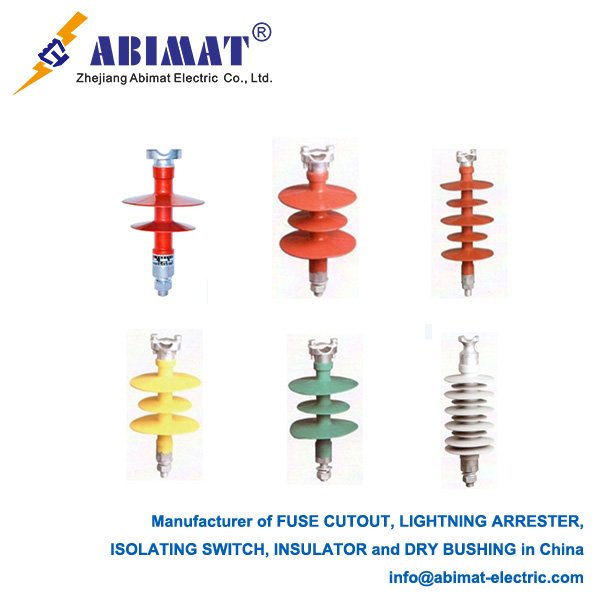
Suspension Insulators: Key Parts for Overhead Power Lines
To sum up, Abimat suspension insulators are essential for modern high-voltage overhead power networks. They let these networks work safely, reliably and flexibly. And they do a great job of balancing two crucial jobs: insulating electrically and handling tough physical demands.

Vertical Break Disconnector: A Robust Switching Solution
All in all, the vertical abimat break disconnector is a key, reliable part for keeping electrical isolation safe in power systems. Its action is simple but strong—opening and closing vertically to make a secure, easy-to-see gap. That’s why it’s such an important part of substation switchgear. It keeps circuits cut off properly and makes maintenance work safe.
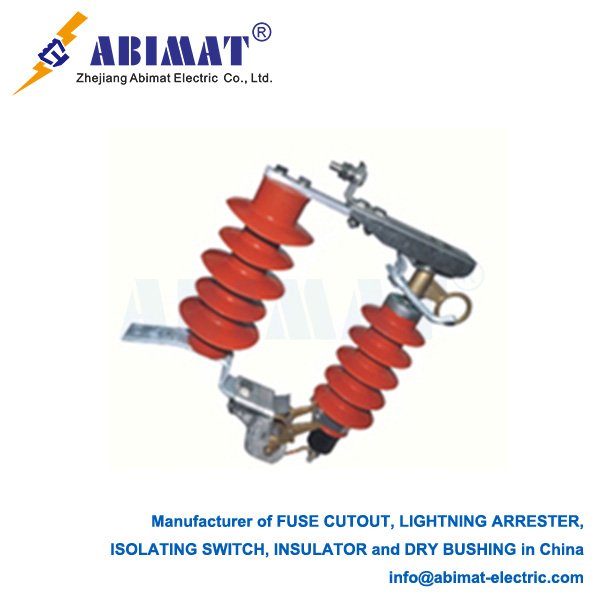
Porcelain Surge Arresters: Strong Protection for Electrical Systems
All in all, abimat porcelain surge arresters are still a reliable and widely used solution for overvoltage protection. They combine two key parts: the highly responsive metal-oxide core and the strong, weatherproof porcelain case. This combination makes sure the insulation works in harmony with other system parts. It also keeps the electrical system reliable for a long time. That is why these arresters are so important for the safety and stability of today’s electrical infrastructure.
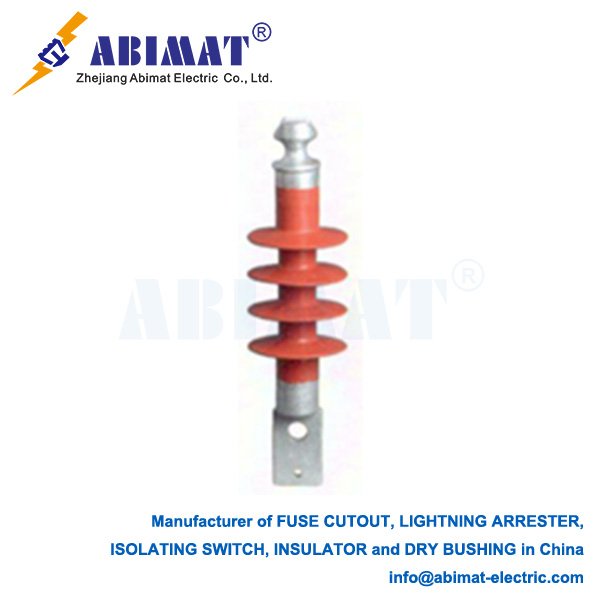
Suspension Insulators: A Key Part of Overhead Line Design
High-voltage and extra-high-voltage (EHV) overhead power lines rely heavily on suspension insulators. These parts do two main jobs: they hold up live wires and keep those wires electrically separate from the grounded towers.
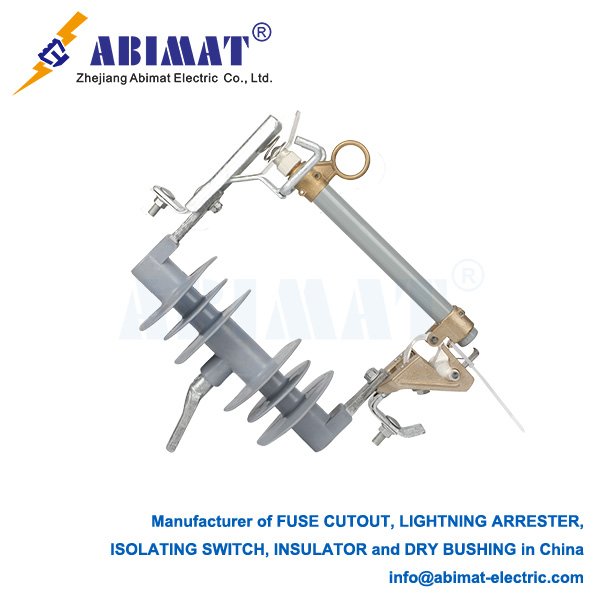
Dropout Fuse Units: A Key Part in Overhead Power Systems
They combine two important jobs well: protecting against too much current and working as a safe switch. For power companies, this means a strong, cheap solution. It is also easy to maintain, keeping both the power equipment and the workers safe.

Technical Overview of the Off-Load Disconnector
To sum up, the abimat off-load disconnector is a safety device you can’t do without in electrical setups. Its only job is to provide secure, visible isolation. It does this with simple, long-lasting mechanical movement.
Using it correctly and safely is very important. You must always operate it in the right order with a device that can stop load current. This rule is the base of electrical safety and reliable power systems.

Technical Overview of 132 kV Lightning Arresters
A 132 kV lightning arrester, often called a surge arrester, plays a key role in protecting high-voltage power transmission and distribution networks. It shields costly substation equipment—think transformers, circuit breakers and bushings—from harmful overvoltages. These sudden voltage spikes usually come from lightning hitting power lines or from switching operations in the system.

